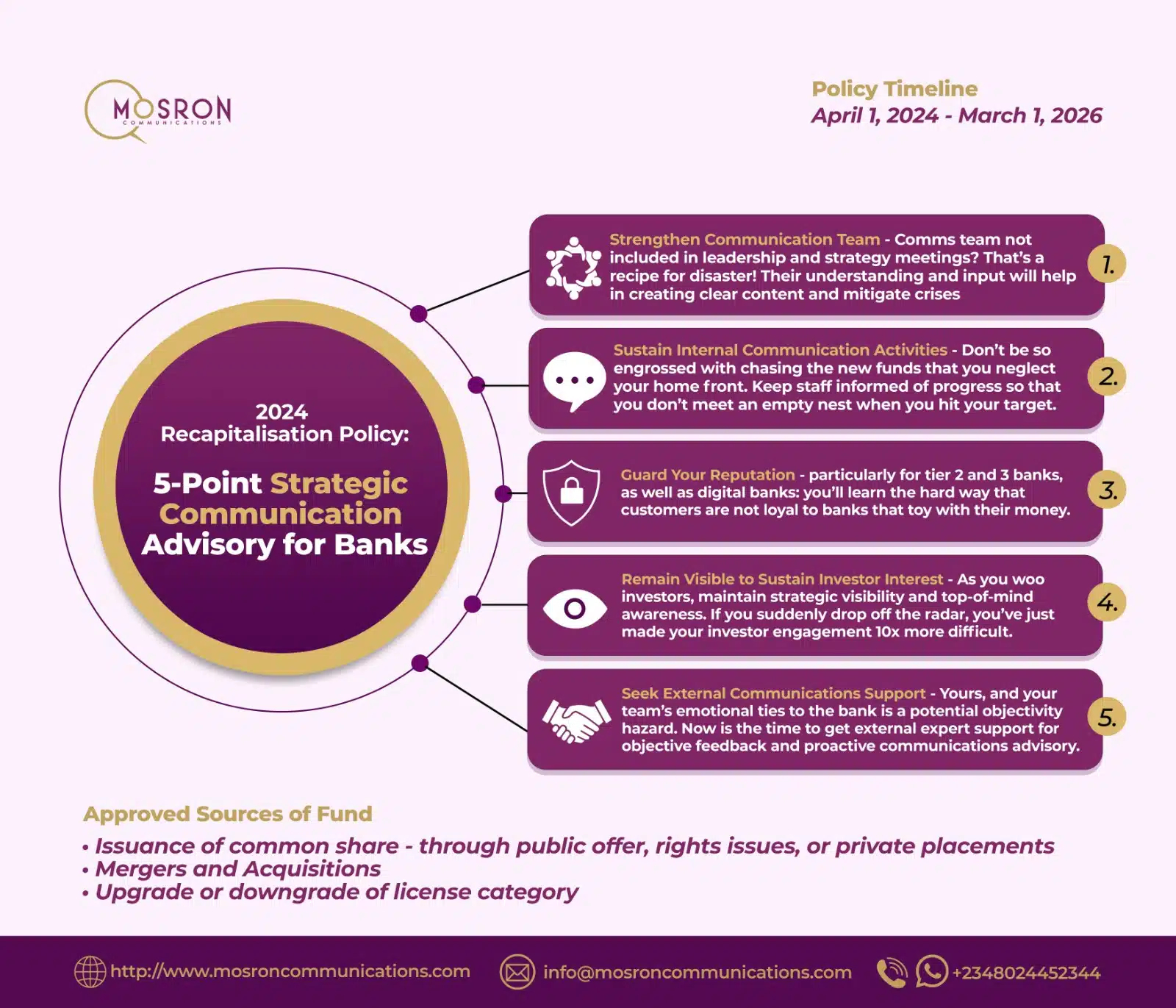The Nigerian Communications Commission (NCC) has approved a 50% increase in telecommunications tariffs, marking the first such hike in nearly eleven years. This decision comes as the sector faces mounting financial losses, exacerbated by the devaluation of the naira and increasing operational challenges.
In a statement on Monday, the NCC justified the tariff adjustment as necessary to safeguard the sustainability of the industry, while balancing consumer protection. The telecommunications sector, which contributes significantly to Nigeria’s Gross Domestic Product (GDP) and employs thousands of Nigerians, has been grappling with rising costs amidst a volatile economic climate.
The tariff increase, which affects both voice and data services, was a direct response to calls from telecom operators, who had approached the NCC as early as 2024 requesting an increase to offset losses caused by inflation and currency devaluation.
In August 2024, telecommunications companies in Nigeria considered implementing a load-shedding strategy, similar to the power sector, to manage their services while advocating for tariff hikes in response to growing financial pressures.
In December 2024, there were rumours of a potential 40% tariff increase circulated. The NCC swiftly denied these rumours, only for telecom operators to present an even more ambitious proposal of a 100% increase. This prompted further discussions, culminating in a more tempered stance from the government, which announced that a tariff hike of 30-60% was being considered.
While the NCC acknowledged the financial difficulties faced by the telecom companies, it expressed concerns that such an extensive tariff hike would be unpopular with the public. Consequently, a more moderate increase was agreed upon, with the final decision to cap the rise at 50% — half of what some operators had initially sought.
The government’s approach to this issue involves a review of recommendations from external consultants such as KPMG. The NCC is overseeing the process to ensure that tariff adjustments are based on data-driven decisions that take into account the long-term sustainability of the sector.
While the decision to increase telecom tariffs is likely to be met with mixed reactions, the government has emphasised that the changes are essential for the long-term health of the sector. With an eye on economic sustainability and improved service delivery, the outcome of this policy shift will have far-reaching implications for Nigeria’s telecom industry and its millions of consumers.
The coming months will reveal how these changes unfold and how telecom operators and consumers adjust to the new pricing structure, but for now, the government insists that it is working to create a more sustainable and robust telecommunications sector for the future.

Victoria Fakiya – Senior Writer
Techpoint Digest
Stop struggling to find your tech career path
Discover in-demand tech skills and build a standout portfolio in this FREE 5-day email course
What’s more, the government has outlined measures to improve telecommunications infrastructure, particularly in underserved regions. These efforts include the rollout of 90,000 kilometres of fibre-optic networks and the construction of telecom towers in remote areas. There are also initiatives to protect critical submarine cables that underpin Nigeria’s Internet connectivity.











